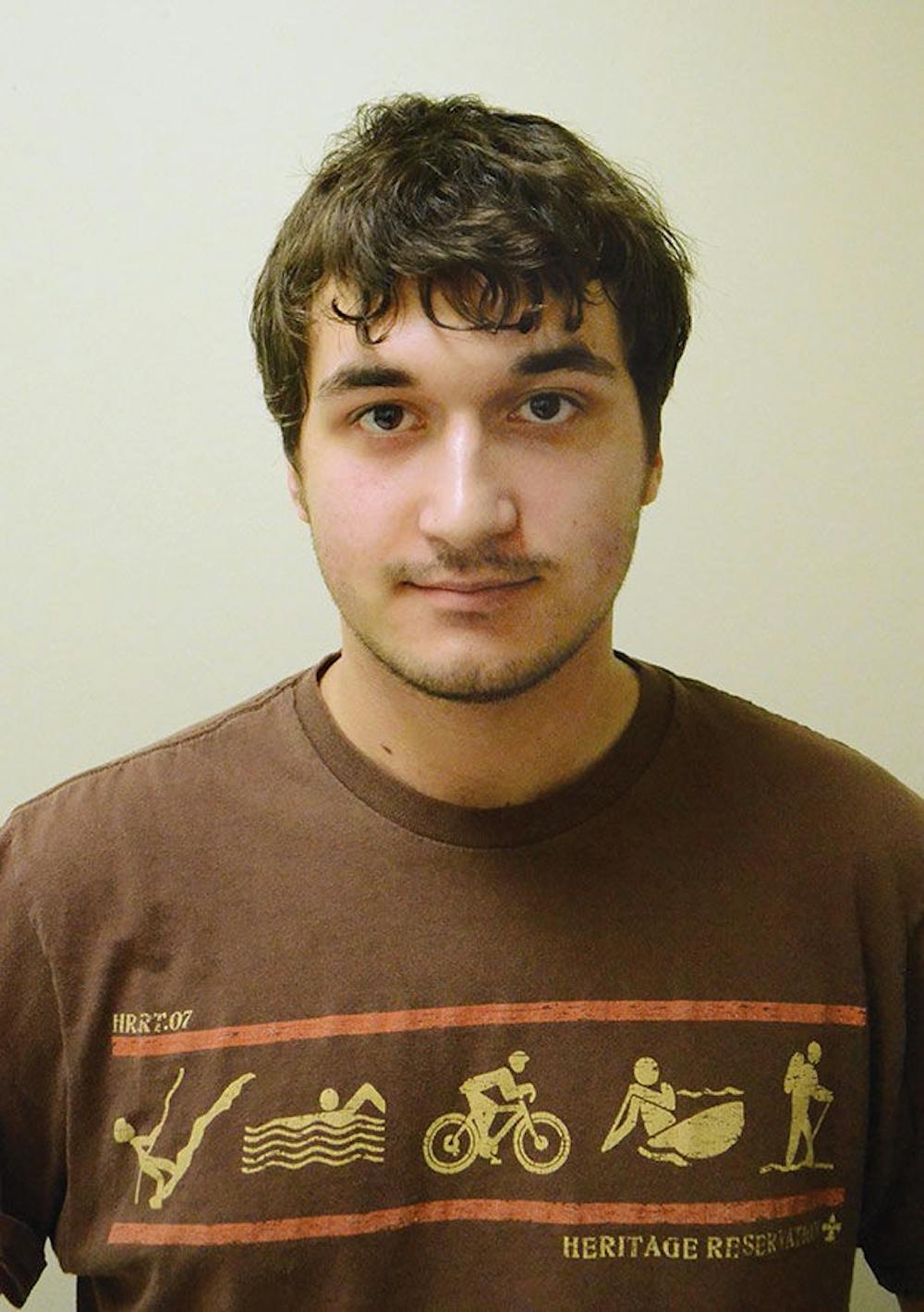Will discusses the negative effect that YouTube has had on movies.
In all too many ways, the Internet is a blessing and a curse. At any moment, we’re just fingertips away from a seemingly endless parade of information on everything from Martin Luther King Jr. to autopederasty. The latter you can look up at your own risk.
But beyond the obvious risks of bad deals and good ol’ stranger danger, there are other effects stimulated from the Internet’s blitz-rate entertainment sources.
For a lack of a better term, I will be calling this the “YouTube Effect.” Now, according to the always-sophisticated Urban Dictionary, this is “the phenomenon in which one navigates to a single video hosted on YouTube and (finds oneself) clicking on related videos until you wake up hours later to find yourself watching ‘Chocolate Rain’ for the umpteenth time or enjoying the musical styling of Rick Astley. But, for the sake of this argument, I’m going to be using my own definition.
I define it as the relationship with mass entertainment complicated by the quick-rate, always reliable levities provided by the popular video source channel. Allow me to explain this a little deeper.
Since YouTube’s inception and its rise in popularity from Google acquiring it in 2006, the video hosting and file sharing site has become one of the world’s go-to sources of quick and easily-digestible entertainment. But, like all things, after videos like “Star Wars Kid” and “Dramatic Chipmunk” lost their appeal, video creators started resorting to louder, crazier and more bombastic videos. Just to create a name for themselves and survive.
As someone who loves creativity and comedic inspiration, I cannot bad mouth YouTube for its deliciously twisted entertainment. After all, I am constantly amused by whatever weird antics channels like HowToBasic, RedLetterMedia and FilmCow create, just to name a few. But as these become the norm, it seems like movies are forcing themselves to adjust to these quick-footed terms to some very mixed results.
Some movies, like 21 and 22 Jump Street, translate this zany and quick-editing well. But others, like Hotel Transylvania, are especially execrating. That’s not the big problem here, though.
The big problem here is this: There’s a difference between a four-minute video and a 90-minute movie. Films can’t always rely on these over-the-top antics and joke-a-second mentalities. They need to develop stories, characters, locations and atmospheres. But if people get too sucked up in this hyper-sensational mentality of entertainment, they’re going to reject some truly great forms of art, simply because they don’t have all the whizz-bang-buck that YouTube videos have.
Even classic action movies had to take breaths. Look at the original Star Wars. That was a movie with a concentrated pace that told a well-developed story. The Godfather movies are another example. While still considered classics, people today seem to complain they move at the speed of molasses. But why is that so bad?
I have a sad feeling that, were these released today, they’d be disregarded as slow, largely uneventful and — dare I say — boring by my age demographic and younger. But, is it really that bad to have a slow pace? Why does everything have to move so damn fast? For now, I can only hope that they don’t make something like Fred: The Movie again.






